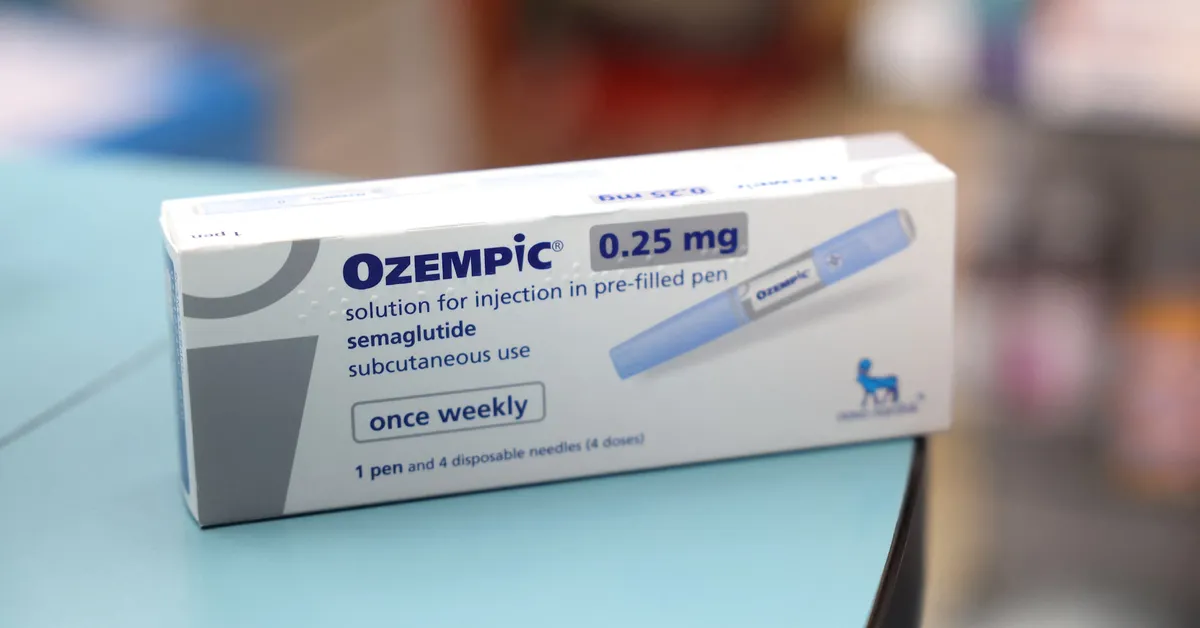
The recent decision by a U.S. District Judge has significant implications for the compounding industry, particularly regarding the availability of semaglutide, a crucial active ingredient in various medications. This ruling stems from a lawsuit filed in February by a compounding industry group against the U.S. Food and Drug Administration (FDA), challenging the agency's determination that there was no longer a shortage of semaglutide.
Compounding pharmacies play a vital role in healthcare by creating customized medications. These facilities replicate brand-name drugs that are in short supply by combining, mixing, or altering active ingredients to meet specific patient needs. The court's ruling, as outlined in the court docket, saw Judge Mark Pittman deny the compounders' request for a preliminary injunction, thereby allowing the FDA's timeline for larger compounding facilities to exit the market to remain intact.
Although Judge Pittman filed his legal reasoning under seal, the denial of the injunction means that the FDA's May 22 deadline for large U.S. compounding facilities to cease operations related to semaglutide remains in effect. The FDA and Novo Nordisk, the pharmaceutical company associated with semaglutide production, have not provided immediate comments regarding the ruling.
In a previous court filing, Novo Nordisk supported the FDA's conclusion, arguing that the agency determined that the drug supply from the company surpassed any reasonable estimates of demand. This position highlights the ongoing debate over the availability of semaglutide in the market.
Lee Rosebush, the chairman of the lead plaintiff, the Outsourcing Facilities Association, expressed disappointment with the court's decision. He stated that his organization had presented substantial evidence indicating a continuing shortage of semaglutide, which was gathered after the lawsuit was initiated. However, the judge did not consider this new evidence in his ruling. "We are obviously disappointed with this initial decision and believe the data shows that there is still a shortage of these products," Rosebush remarked.
Following the ruling, the FDA has indicated that it will refrain from taking enforcement actions against compounding pharmacies until the court's decision is finalized. The agency has set a strict timeline, granting larger outsourcing facilities until May 22 to comply with the ruling, while smaller compounding pharmacies must immediately halt the production of semaglutide copies.
As the situation continues to unfold, stakeholders in the pharmaceutical and healthcare sectors are closely monitoring the implications of this ruling on the availability of essential medications such as semaglutide. The ongoing dialogue between the FDA, pharmaceutical companies, and compounding facilities remains crucial in addressing the challenges of medication shortages in the U.S.
Reporting by Patrick Wingrove and Dan Levine; Editing by Daniel Wallis and Christopher Cushing.